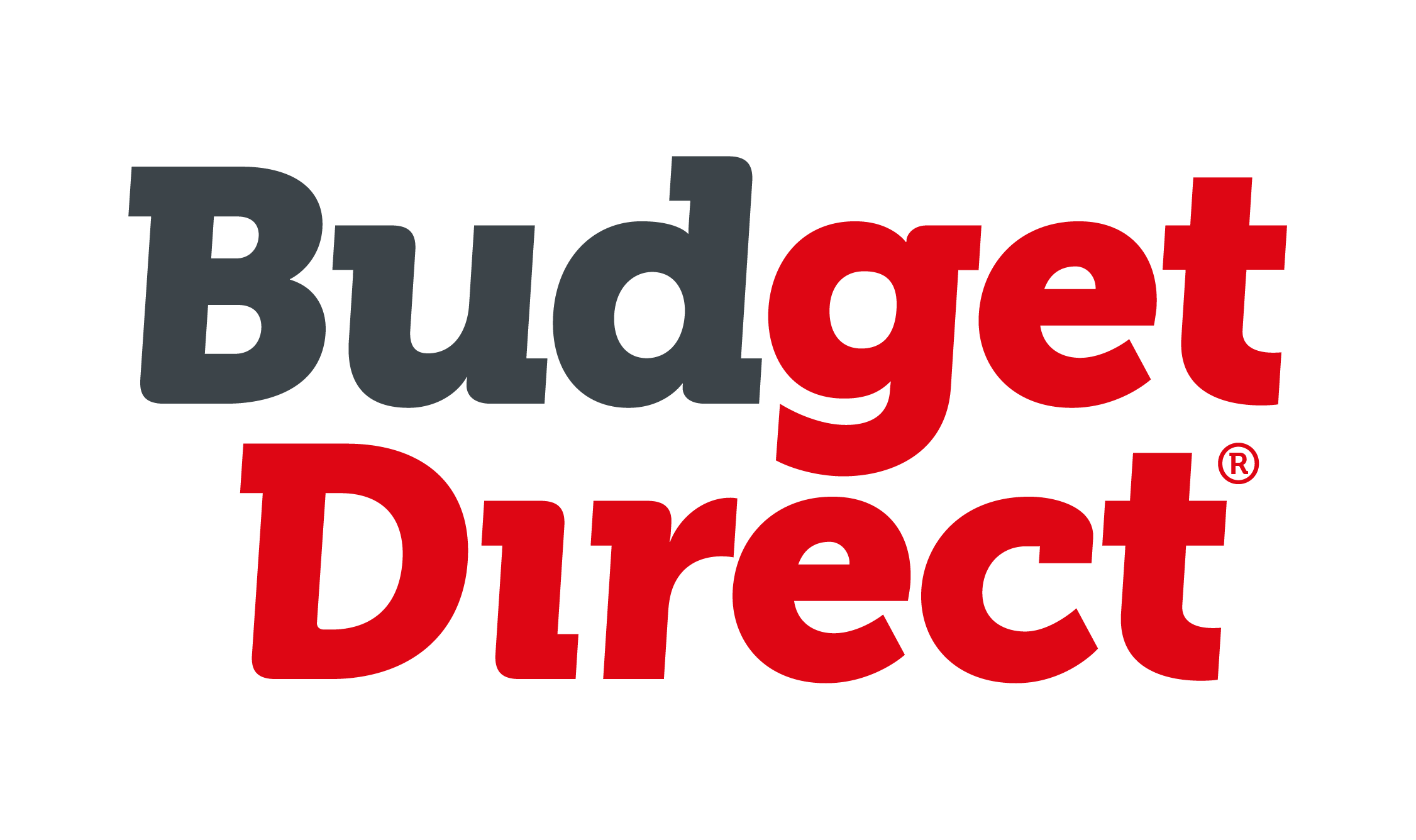
- 2025 Finder Award winner for customer satisfaction
- Automatically includes roadside assistance
- Great value policy with decent coverage




Comprehensive car insurance is the only type of car insurance that will cover your own car as well as other people's property. If you want to protect your own vehicle against accidental damage then comprehensive cover is what you're after.
Our car insurance experts have selected a bunch of comprehensive car insurers that we consider best in class, based on extensive research. Whether you prioritise price, features, customer service or something else — there's a pick for you. Remember, the below should be used as a guide only and you should always read the product disclosure statement (PDS) to know if it's right for you.
Youi Insurance Comprehensive
Budget Direct Comprehensive
Coles Comprehensive
Qantas Comprehensive
We currently don't have that product, but here are others to consider:
How we picked theseWe analyse over 30 car insurance products across insurance providers, and rate each one for price and features. We collect up to 36 quotes per product, for male and female drivers in New South Wales, Victoria, Queensland, South Australia, Tasmania and Western Australia. Quotes are collected for 20 year olds, 30 year olds and 60 year olds, assuming an excess of $850 for a 2020 Toyota Corolla 4 door sedan model, with an average 15,000 kms driven each year. While we are not allowed to display actual quotes, our Finder Score aims to serve as an indicative guide to how cost and feature competitive a product might be for you.
Our feature score assesses each product for more than 15 features across loss and damage coverage, repairs and assistance coverage, personal items coverage and policy coverage. Features we assess include but are not limited to legal liability, essential repairs, new car replacement, car hire events, roadside assistance, agreed or market value, windscreen damage and natural disaster coverage.
Depending on your answers to our car insurance quiz, we upweight the relevant price score or feature score to generate a dynamic Finder Score. Finder Score, Price Score and Feature Score are only to be used as indicative guides and are not product recommendations.
To give you an idea of how much comprehensive car insurance might cost, we've broken down prices by different ages. However, the best car insurance for you may be determined by more than cost.
Keep in mind, costs differ based on your individual circumstances.
We currently don't have that product, but here are others to consider:
How we picked theseWe currently don't have that product, but here are others to consider:
How we picked theseWe currently don't have that product, but here are others to consider:
How we picked these

The providers listed in the table below were the top 5 cheapest of the providers we researched and reflect the estimated annual cost based on the profile used. Keep in mind, your own cost will vary depending on your personal circumstances and it's always best to compare a range of providers.

| Provider | Average price | Apply |
|---|---|---|
 | $1,081 | Get quote |
| $1,671 | Get quote | |
| $1,823 | More info | |
 | $1,849 | More info |
| $1,911 | More info |

| Provider | Average price | Apply |
|---|---|---|
 | $1,057 | Get quote |
| $1,164 | Get quote | |
 | $1,364 | More info |
| $1,376 | More info | |
| $1,468 | More info |

| Provider | Average price | Apply |
|---|---|---|
 | $1,199 | Get quote |
| $1,657 | Get quote | |
| $1,772 | More info | |
 | $1,973 | More info |
 | $1,990 | More info |

| Provider | Average price | Apply |
|---|---|---|
 | $809 | Get quote |
| $1,093 | Get quote | |
| $1,215 | More info | |
 | $1,220 | More info |
| $1,231 | More info |
We didn't include quotes for NT and ACT because the sample size was too small.
Drivers who text are 10 times more likely to crash yet a large number of Australians still do it.
Here's a guide to getting affordable car insurance that will still cover the essentials.
ROLLiN' is an IAG-backed car insurer offering a flexible comprehensive plan that's refreshingly free from faff.
Your guide to demerit points and how they affect your car insurance.
Bank of Queensland car insurance offers three levels of cover, flexible premium payment options and a lifetime guarantee on repairs.
Hume Bank Car Insurance, issued by Allianz Australia Insurance Limited, provides three levels of cover, a wide range of benefits and the peace of mind that comes with 24/7 claims support.
Youi specialises in offering car insurance policies tailor-made to suit the needs of different customers.
Discover the steps to get affordable car insurance if you are under 25.
Explore our analysis and see how you can find the best car insurance for your needs.